Let’s be honest most of us don’t think about our plumbing until there’s a problem. A dripping faucet or a slow drain might seem minor, but ignoring small issues can lead to major plumbing emergencies.
But these plumbing emergencies can be avoided. You may ask how.
With a little proactive care, you can avoid these stressful situations. Let’s take a look at some easy, practical tips to keep your plumbing in tip-top shape.
1. Create a Seasonal Plumbing Checklist
Your plumbing faces different challenges depending on the season.
- In the winter – Protect pipes from freezing by insulating exposed pipes and keeping your thermostat above 55°F, even when you’re away.
- In the summer – Check for leaks or drips that could worsen with increased water usage.
By scheduling seasonal maintenance, you can address issues before they escalate.
2. Check for Leaks Regularly
A leaky faucet or pipe might seem harmless, but even a small leak can waste gallons of water and cause damage over time.
What to do –
- Inspect under sinks, around toilets, and near appliances like dishwashers and washing machines.
- Keep an eye on outdoor faucets and garden hoses, especially after heavy use or freezing weather.
Fixing leaks early can save you money and prevent larger issues.
3. Be Careful with Drains
Clogs are one of the most common plumbing problems, but they are also one of the easiest to prevent.
Tips to avoid clogs –
- Use drain covers to catch hair and debris in showers and sinks.
- Avoid pouring grease, oil, or fat down the drain as it solidifies and causes blockages.
- Dispose of fibrous foods like celery and potato peels in the trash, not the garbage disposal.
4. Monitor Your Water Pressure
Low water pressure can signal a hidden plumbing problem, such as a pipe leak or sediment buildup.
How to check –
- Clean aerators on faucets and showerheads if pressure seems low.
- Use a water pressure gauge to ensure levels are consistent (most homes should have a pressure between 40-60 PSI).
If you notice sudden drops in pressure, call a professional to inspect your system.
5. Know When to Call a Pro
Some plumbing tasks are perfect for a DIY fix, but others require an expert professional touch. If you are facing recurring clogs, persistent leaks, or signs of a major issue like a slab leak, don’t wait call a trusted plumber to prevent further damage.
Taking these small steps now can help you avoid the headaches (and costs) of plumbing emergencies later. And if trouble does strike, our team is here to help!
Need reliable plumbing services? Contact Bell Brothers to avoid plumbing emergencies.

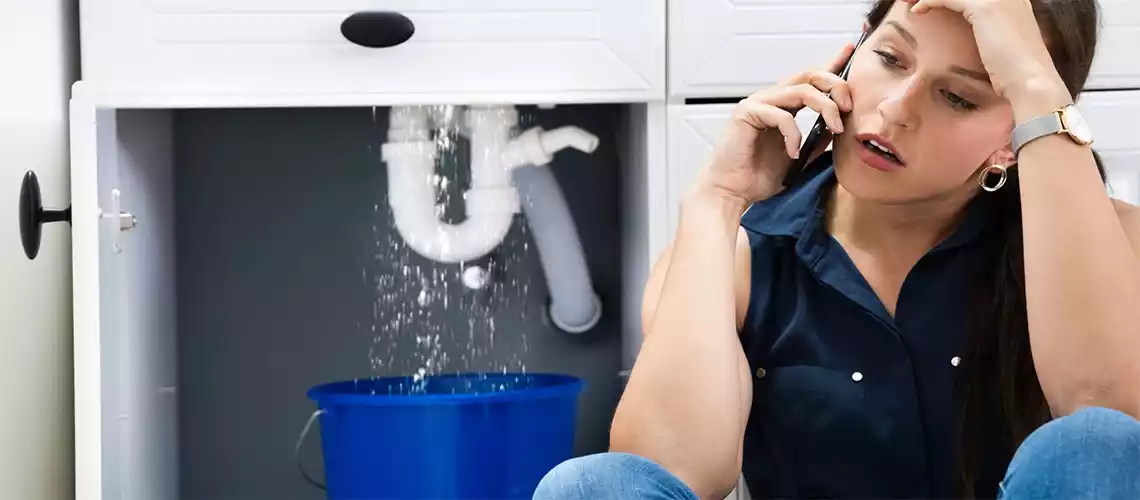
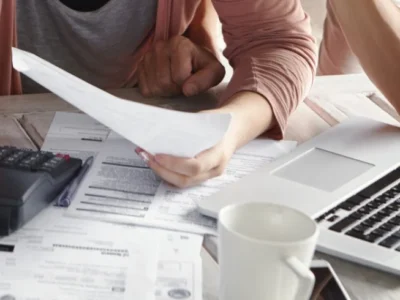
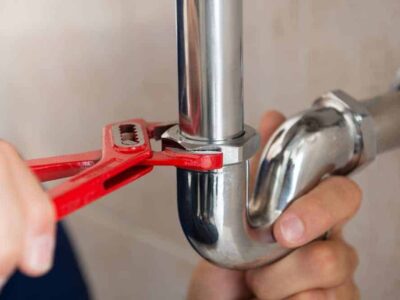
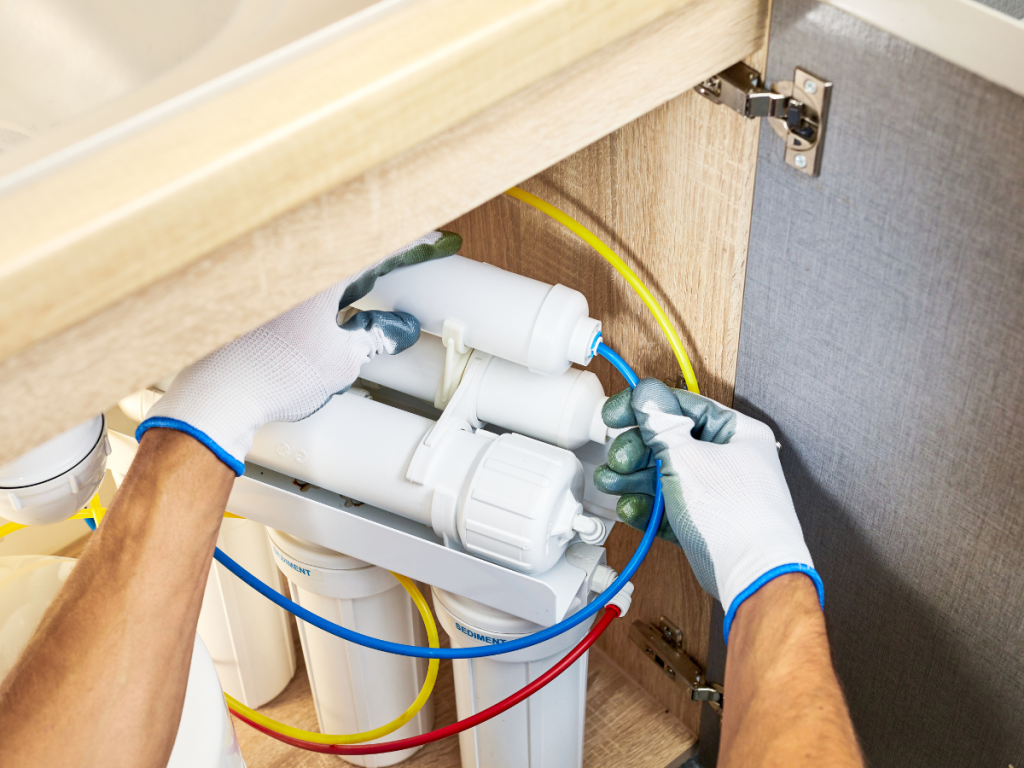
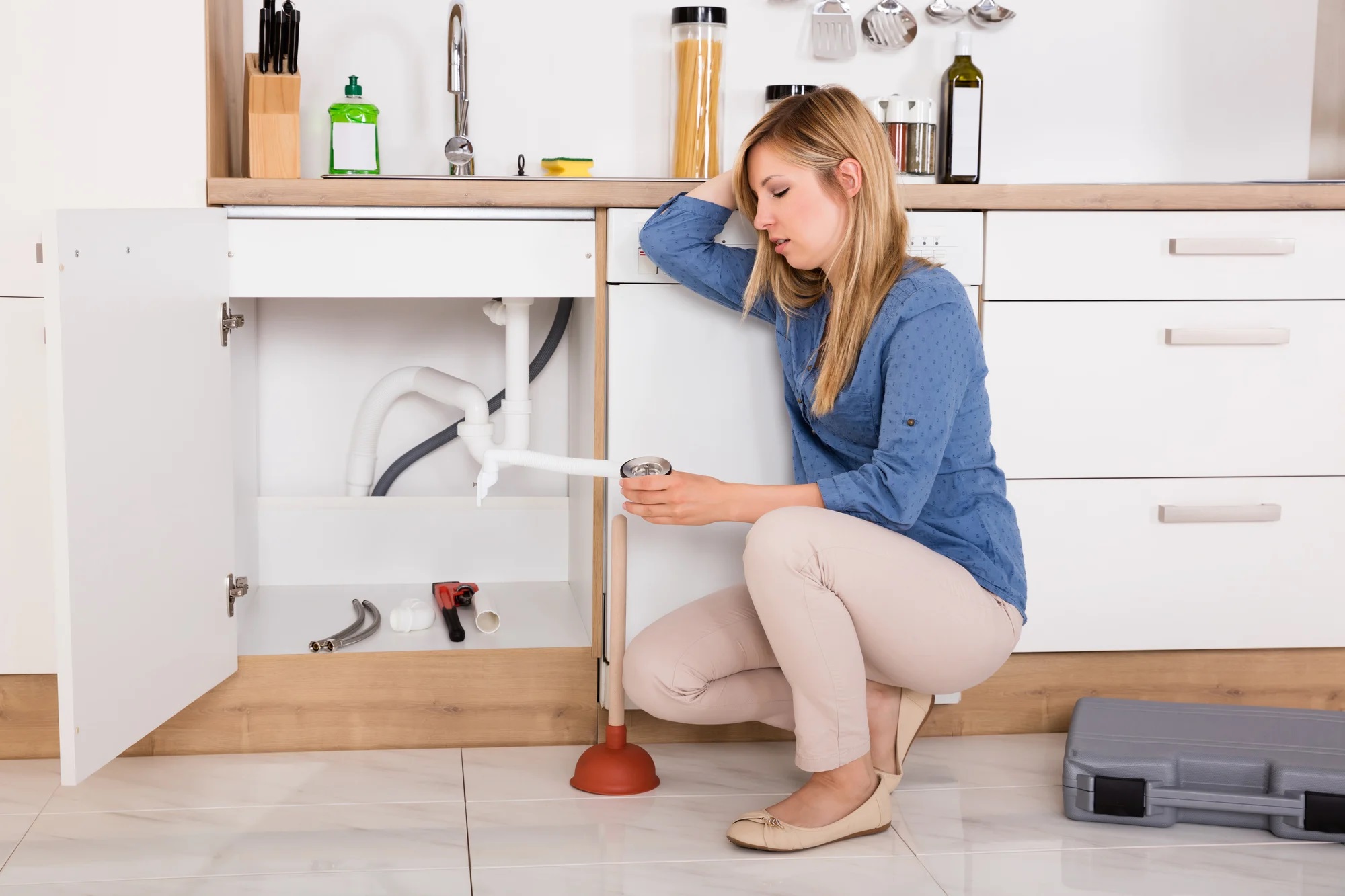
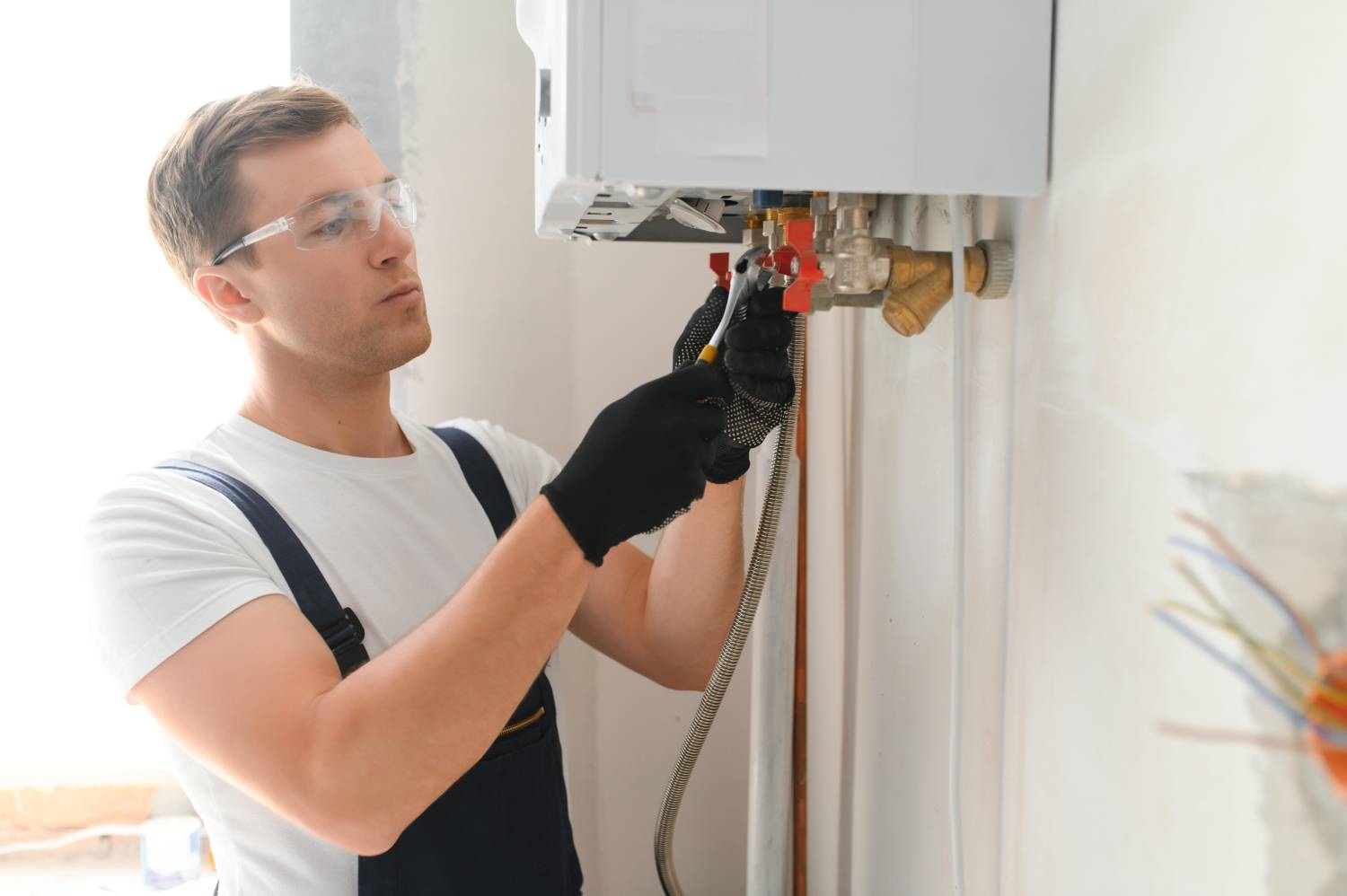
Comments